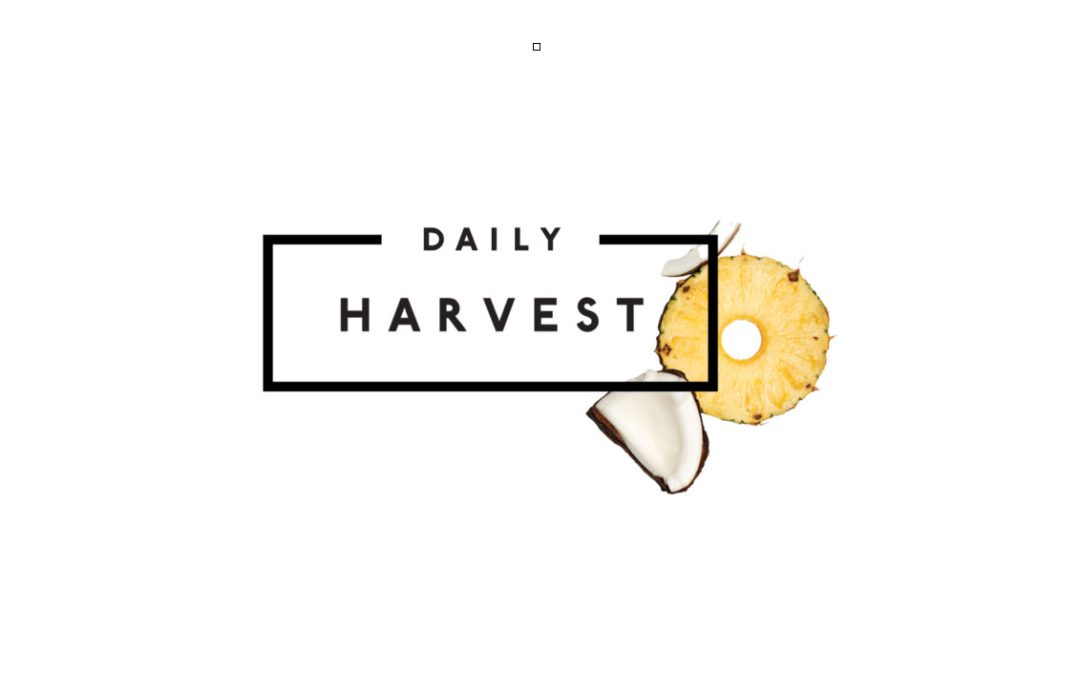Mail-delivery health-food giant Daily Harvest is in the midst of an ugly foodborne illness issue. The first of more than 450 sickened customers has sued the company after being hospitalized and having her gallbladder removed, but the true cause remains unclear.
According to a recent update from the company, testing and investigations have not yet produced any clarity. In an update on June 27, CEO Rachel Drori said, “We have spent the past ten days working with the FDA, state agencies and multiple independent labs, as well as experts in microbiology, food safety and toxicology to conduct testing. Results thus far have all come back negative.”
Those tests included a search for common foodborne pathogens, allergens and other toxins. Drori also confirmed that the issue is limited to a single product, French Lentil and Leek Crumbles.
It was apparent soon after the new product launched that it was causing issues. Many health-food influencers started telling stories about their illnesses and faulted the company for a response many characterized as tepid at best.
According to Bon Appetite, which first broke the news, the company initially told customers to dispose of their crumbles and offered a $10 Daily Harvest credit to anyone affected. It also posted a tone-deaf image linking customers to a recall statement from a lovely, curated photo of one of its products. The company has since deleted that post and has put out several statements explaining the issue.
Bill Marler, known as the “Food Poisoning Lawyer” told Food On Demand he’s getting a lot of phone calls from sickened customers. Despite testing, he said experts he works with also have not found a clear indication of what is making people so sick.
“We’re getting inundated with phone calls. It’s interesting, all with relatively similar symptoms, all with some sort of liver disfunction,” said Marler. “People have had their gallbladder removed. A lot of people have been hospitalized with no clear diagnoses.”
The one silver lining, many of those sickened still have some of the product. Marler said he’s shipping all the French Lentil and Leek Crumbles he can to labs in parallel with the company’s testing. Testing experts he works with said it’s likely some sort of toxin that’s absorbed through the liver, but what exactly is unknown.
Unlike other foodborne illness cases he’s seen, this is more severe and the product in question is relatively clear. Oftentimes, a lot of people get sick but the mess of causation and correlation is hard to figure out, in the case of the Daily Harvest recall, it was right in line with the product launch.
“What’s different here is the severity of the illnesses and all of them are within a relatively tight frame of dates that correspond with this particular product hitting the market. So, this new product hit in April and the illnesses hit in April,” said Marler.
The next phase of the issue will be a legal one. Marler is representing Carol Ann Ready, the first customer to sue the company and one of a handful of people who had her gallbladder removed. He’s also representing many other customers with potential claims against the company.
While the legal process will continue, Marler said the case does raise some questions about direct-mail food concepts like Daily Harvest, reiterating what he told Food On Demand back in 2017 when a study uncovered “shocking” problems with mail-order meat.
“I think conceptually, especially where you’ve got products that are to be refrigerated and maybe hang out on someone front porch for a while. There are potential risks in these kinds of products, but my hope is these companies are paying attention to that,” said Marler. “We haven’t seen a lot of outbreaks linked to these kids of products yet, it doesn’t mean they won’t happen.”
The key issue: temperature abuse. If a food product gets out of its safe range on a porch or in a delivery truck, all sorts of nasty things can happen. Again, that may not be the issue in the Daily Harvest case, but Marler said he hopes companies like it have some “wiggle room with temperature” in case someone can’t get their food delivery for a few hours.
Alternately, the issue could be something in the supply chain. Even then, Daily Harvest may be legally responsible.
“A lot of companies combine products into a broader food product, but they’re only as safe as their supply chain and the supplier ingredients,” said Marler. “If you have contaminated tomatoes in your salsa, it’s your problem now and the question is what did you do to ensure that you had safe product?”
Editor’s Note: We contacted Daily Harvest multiple times for comment, but the company did not respond to interview requests in time for this story. It will be updated if the company responds.


